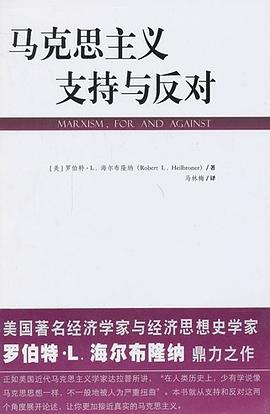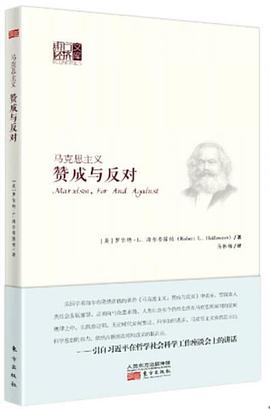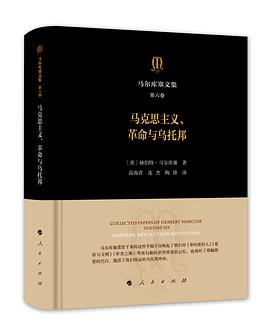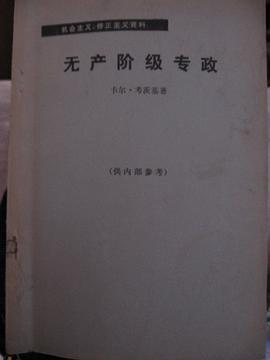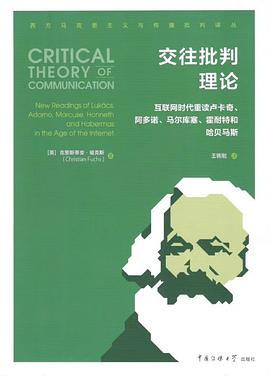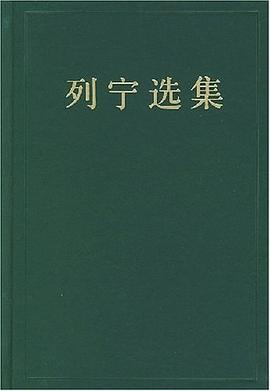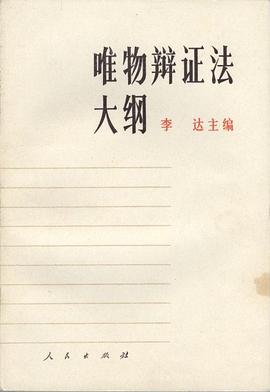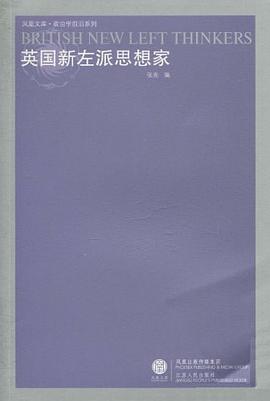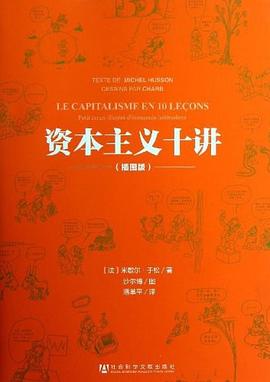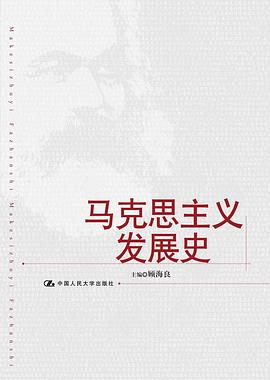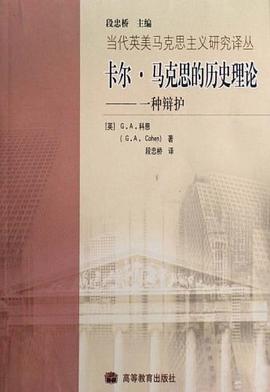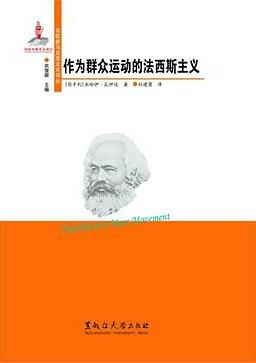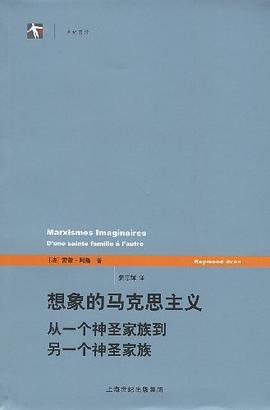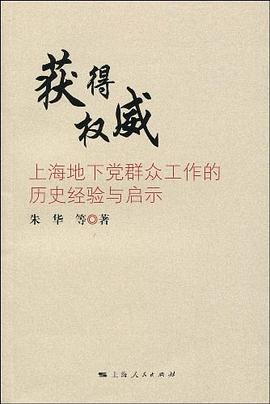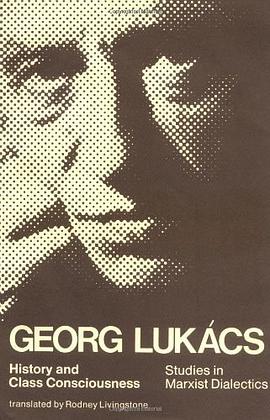

This is the first time one of the most important of Lukacs' early theoretical writings, published in Germany in 1923, has been made available in English. The book consists of a series of essays treating, among other topics, the definition of orthodox Marxism, the question of legality and illegality, Rosa Luxemburg as a Marxist, the changing function of Historic Marxism, class consciousness, and the substantiation and consciousness of the Proletariat.Writing in 1968, on the occasion of the appearance of his collected works, Lukacs evaluated the influence of this book as follows:"For the historical effect of History and Class Consciousness and also for the actuality of the present time one problem is of decisive importance: alienation, which is here treated for the first time since Marx as the central question of a revolutionary critique of capitalism, and whose historical as well as methodological origins are deeply rooted in Hegelian dialectic. It goes without saying that the problem was omnipresent. A few years after History and Class Consciousness was published, it was moved into the focus of philosophical discussion by Heidegger in his Being and Time, a place which it maintains to this day largely as a result of the position occupied by Sartre and his followers. The philologic question raised by L. Goldmann, who considered Heidegger's work partly as a polemic reply to my (admittedly unnamed) work, need not be discussed here. It suffices today to say that the problem was in the air, particularly if we analyze its background in detail in order to clarify its effect, the mixture of Marxist and Existentialist thought processes, which prevailed especially in France immediately after the Second World War. In this connection priorities, influences, and so on are not particularly significant. What is important is that the alienation of man was recognized and appreciated as the central problem of the time in which we live, by bourgeois as well as proletarian, by politically rightist and leftist thinkers. Thus, History and Class Consciousness exerted a profound effect in the circles of the youthful intelligentsia."George Lichtheim, also in 1968, writes that "...The originality of the early Lukacs lay in the assertion that the totality of history could be apprehended by adopting a particular 'class standpoint': that of the proletariat. Class consciousness;not indeed the empirical consciousness of the actual proletariat, which was hopelessly entangled with the surface aspects of objective reality, but an ideal-typical consciousness proper to a class which radically negates the existing order of reality: that was the formula which had made it possible for the Lukacs of 1923 to unify theory and practice."
具體描述
讀後感
Georg Lukacs《历史与阶级意识》的思路 这是青年Lukacs在1919-1922年写的一些文章的结集,却是Lukacs最重要的作品,也是思想史上尤其是左派思想最重要的经典之一。剑桥20世纪政治思想史中说:“Lukacs是第一个严肃地评估黑格尔在马克思思想形成中的作用并重新把握到...
評分“现实”(Werklickeit)概念是黑格尔哲学和马克思的社会政治思想之间一个重要的连接,而在卢卡奇那里,这个概念是在第二国际主导马克思学说话语权的情况下开启马克思思想之黑格尔解释传统的一个关键入口。因此,比较他们对“现实”的不同解释是考察三位思想家哲学姿态、思想异...
評分此书曾反复出现在我的论文中,但我其实还有个别篇章没有读完,准备写系列的读书笔记。以下是一小则: http://walterecho.spaces.live.com/blog/cns!C122B2B46F955957!322.entry
評分断断续续地看了一个月,读完了除两篇卢森堡以及合法性和非法性的所有文章。 1. 规范性和人本主义问题 卢卡奇的反物化和对自由的强调并非是人本主义式的对人的本质的先验预设,或是规范性式地假设的“应当”,而是从物化意识导致的问题与危机,其背后的资产阶级思想的方法论问题...
評分用戶評價
2012.3.26-2012.4.7 學瞭第一章,好喜歡的老師!
评分cultural stuides經典讀物
评分為瞭寫論文,讀瞭下物化和無産階級意識那章。
评分History and Class Consciousness看得我有點激動lol
评分末瞭還是隻硬著頭皮讀瞭物化那一章,有點明白瞭本雅明為何會為此激動。其實說到底,此時盧卡奇筆下的工人與無産階級,多像《小說理論》裏那個現代小說主人公啊:麵對一個生活與意義相割裂的世界,時間塌縮為空間,形式如此不堪重負——而這一切都有待一個現代小說”新人“,一個曆史的“英雄”,即獲得瞭階級意識的無産階級,在曆史的實踐中,將形式與內容重新閤為一體。那麼,《啓濛辯證法》重新(過度)闡釋Odyssey,說到底反駁的不是《小說理論》,而是《曆史與階級意識》。
相關圖書
本站所有內容均為互聯網搜索引擎提供的公開搜索信息,本站不存儲任何數據與內容,任何內容與數據均與本站無關,如有需要請聯繫相關搜索引擎包括但不限於百度,google,bing,sogou 等
© 2025 qciss.net All Rights Reserved. 小哈圖書下載中心 版权所有



